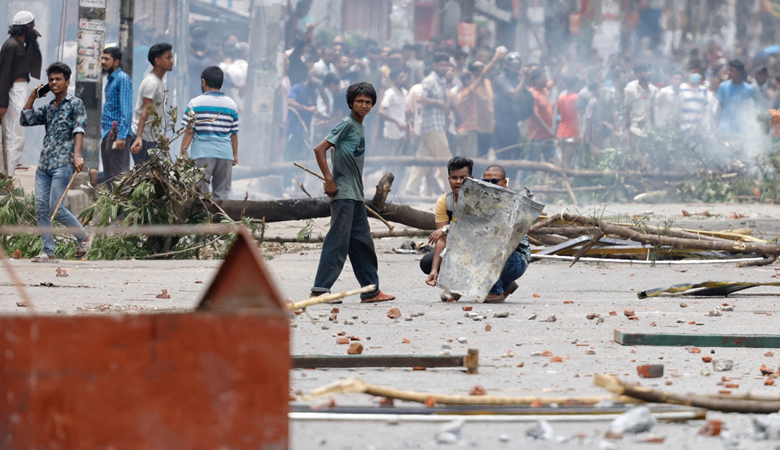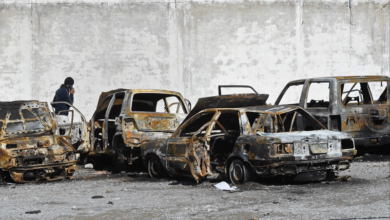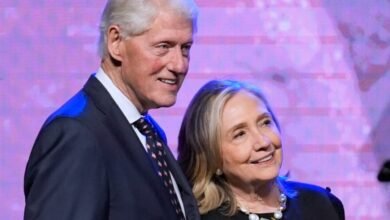Bangladesh’s Anti-Quota Movement Intensifies Despite Supreme Court’s Concessions

News Mania Desk/Agnibeena Ghosh/22nd July 2024
The anti-quota movement in Bangladesh escalated on Sunday, even after the Supreme Court attempted to mitigate tensions by reducing the quota limit from 56% to just 7%. Despite this concession, protestors remain steadfast in their demands, vowing to continue their demonstrations against the controversial quota system.
The streets of Dhaka have been inundated with students chanting slogans against the Sheikh Hasina government. Clashes with armed police and incidents of brutality have marked these protests. Thousands of university students, who began their demonstrations on July 1, argue that the Freedom Fighter Quota system discriminates against ordinary citizens by prioritizing the descendants of those who fought in the 1971 Bangladesh Liberation War for high-paying government jobs. The protestors are calling for a merit-based recruitment system instead of one based on lineage.
The Supreme Court’s decision to scale back the controversial quota ruling of a high court was a significant development. The new ruling reduced the number of reserved jobs from 56% to just 7%, with 5% allocated to the descendants of freedom fighters, 1% for tribal communities, and another 1% for persons with disabilities or those identifying as third gender. While the protestors welcomed this decision, they remain resolute in their stance. A student leader expressed their position clearly, stating, “We welcome the Supreme Court verdict. But we won’t call off our protests until the government issues an order reflecting our demands.”
In response to the escalating unrest, a strict curfew was imposed across major cities, with “shoot-on-sight” orders issued nationwide after 133 people were killed in the civil unrest. The Army was deployed on Saturday to help quell the protests after riot police and local authorities struggled to control the situation.
The protests were further inflamed by a controversial remark made by Prime Minister Sheikh Hasina. Speaking at a press conference, she questioned, “If the grandchildren of freedom fighters do not receive (quota) benefits, who would get it? The grandchildren of Razakars?” This statement provoked strong objections from the protestors, who interpreted it as an attempt to equate them with Razakars, a term that is deeply offensive in Bangladesh as it refers to collaborators who aided the Pakistan army during the 1971 Liberation War.
Prime Minister Hasina’s remark not only angered the protestors but also intensified their resolve to continue their demonstrations. The term ‘Razakar’ carries a significant stigma in Bangladesh, and equating the protestors to such collaborators was seen as a grave insult. This only added fuel to the already raging protests.
In light of the escalating situation, Prime Minister Sheikh Hasina convened a crucial meeting with the chiefs of the three military services and cabinet secretaries to assess the nation’s security situation. The government is under significant pressure to address the protestors’ demands while maintaining order and stability in the country.
The anti-quota movement in Bangladesh highlights deep-seated issues within the country’s employment system and the broader societal tensions between meritocracy and historical privileges. As the protests continue, the government faces a critical challenge in balancing these competing interests and finding a solution that addresses the concerns of the protestors while preserving the nation’s social and political stability. The outcome of these protests could have lasting implications for Bangladesh’s future, shaping the discourse on equality, meritocracy, and justice in the country.






